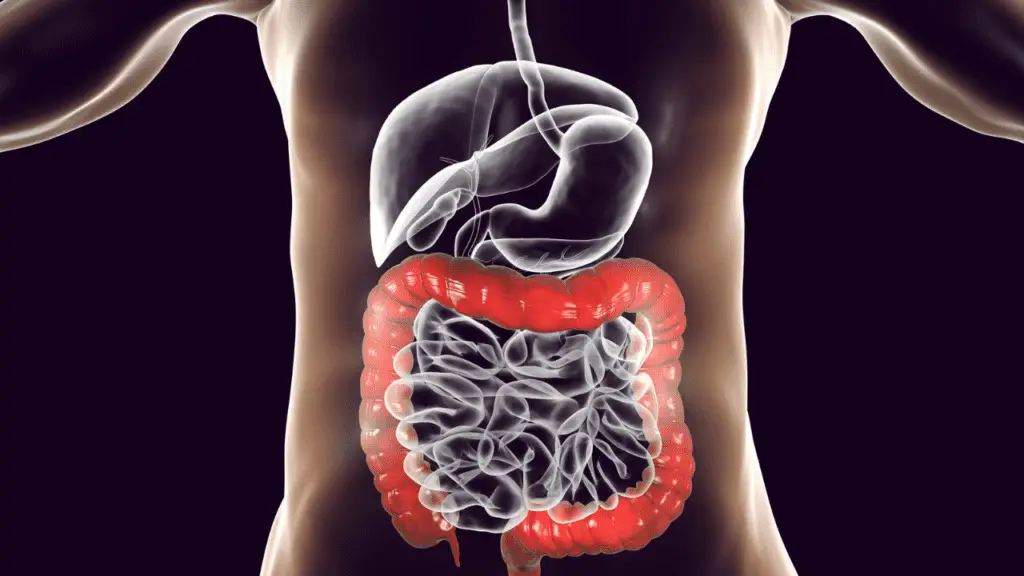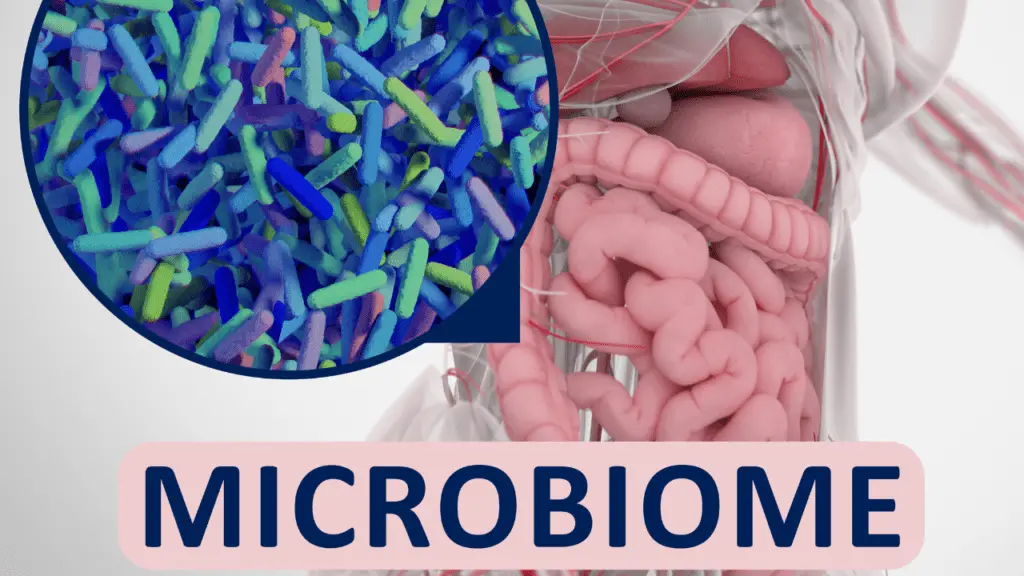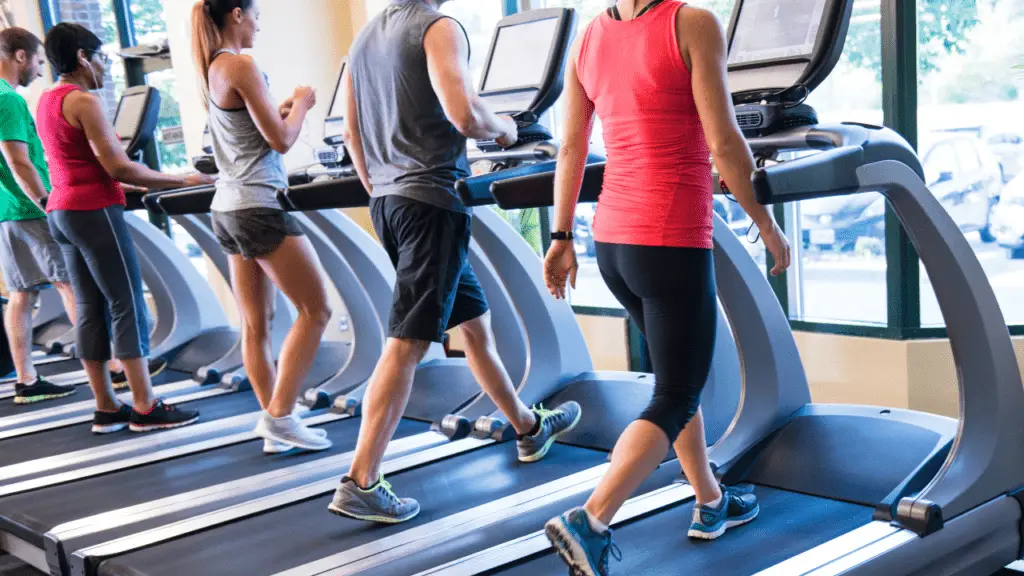Making sure you have a healthy diet can do wonders for your body; there's no doubt about that. Even grabbing an apple or a protein bar instead of chips for snacking can make a difference.
However, there's one thing our present-day sedentary lifestyle has reduced: exercise. Let's face it; we'd rather watch a movie than jog to the nearest park and watch the sunset.
While our diets play a crucial role in a healthy body, so does working those muscles. You might've heard about the benefits of exercise for weight loss. Now, let's tap into how it works for our overall gut health in this guide.
A Brief Insight into Gut Health
You're digging into your meal. A few hours later, you need to visit the bathroom. Meanwhile, right after your meal, you start to feel energized. All of these processes are linked to a primary system in your body, i.e., the gut.
The gut system is a compilation of multiple organs, from the food canal to the bowel. These organs break down the food into smaller particles. Not only does this aid in easier digestion, but also nutrient absorption. Your body's central fuel source comes from these nutrients absorbed through the bloodstream by your gut organs.

The digestive organs must be healthy to perform effectively, as does the gut microbiome. Wait, bacteria in the gut? There are good and bad bacteria, and the balance of these is integral to gut functions. Additionally, a diseased organ or gut flora imbalance can cause gut diseases.
Unfortunately, gut diseases can also cause problems in other parts of the body, such as the brain. When your gut system is ineffective, your immune system gets compromised. Thus, in one way or another, your gut needs to be healthy to have a healthy body.
Signs of an Unhealthy Gut
Many key factors can lead to an unhealthy gut, but common ones include diet, stress, medication, and routine. The question is, how do you know your gut is suffering? Look for the following red flags to indicate if you have a gut problem:
- Diarrhea
- Constipation
- Stomach pain
- Nausea/Vomiting
- Bloating
- Fatigue
What is the Gut Ecosystem?
You would be aware of the term ‘ecosystem' for geographic locations, weather, species, etc. On the flip side, did you also know a diverse ecosystem is in your gut? Your gut is home to not millions or billions but trillions of microorganisms! Bacteria, viruses, and fungi are just three of the main microorganisms living in your gut.
There are so many that even health experts are only beginning to dig deeper into the gut microbiome. A diverse gut microbiome is fundamental to the body in terms of digestion and the prevention of gut diseases. These pathogens are also responsible for a healthy immune system and mood regulation.

Alternatively, dysbiosis is the imbalance in the gut's diverse ecosystem. The condition occurs from excessive production of harmful pathogens and a lack of healthy bacteria in the gut. As a result, this impacts your gut and causes gut symptoms that can further lead to long-term conditions when untreated.
Does Exercise Change Gut Microbiome?
On to the real question, does exercise positively impact your gut microbiome and general gut health? Medical experts have recently collected evidence that it indeed does. But we'll get to that later. First, let's see how the bacteria in our gut work.
Gut microbes are a reflection of our lifestyle. In other words, they're highly sensitive and responsive to our diet and routine. These microbes are intelligent to the extent that they pick up signals from the physical and mental state of the host.
Previously, the research on gut microbes, how they react, and their impacts were inconclusive. However, in recent years medical studies have shown that these microorganisms respond to minor changes. While more research is still needed, researchers are currently clear on the short-term effects of exercise on the gut ecosystem.
The bacteria in our gut is already inclined towards its natural functions, including digestion, immune functions, and mood regulation. Another one of their functions includes producing many different essential components like vitamins, amino acids, and fatty acids.
Exercise speeds up the routine processes of the gut microbiome. When the speed of this process picks up, the bacteria regenerate to keep up with digestion. Since a diverse gut ecosystem is beneficial, as previously mentioned, this maintains a healthy gut.

In addition, research has been conducted to study the impact of exercise on the production of short-fatty acids (SCFA). The results depict that participants that exercised regularly for six weeks had increased production of SCFAs and vitamins.
Moreover, SCFAs are crucial in reducing inflammation and regulating blood glucose levels. These results were extraordinary in preventing diseases like IBD and colon cancer linked to gut inflammation and diabetes linked to glucose levels.
However, these effects only lasted until the duration of the study. Simply put, once participants stopped exercising, the increased SCFA production reversed. This shows that gut microbes consistently react to dietary and lifestyle changes. Currently, there's no concrete evidence to support the benefit of exercise on gut health in the long term.
Other Ways Exercise Helps Gut Health
Now that you have a gist of the link between exercise and the gut ecosystem, let's move on. There are more than just the benefit mentioned earlier of exercise for the gut. Think of movement as the holy grain for your entire body, including the gut! Here are other ways your gut can flourish with daily exercise:
Boosts Immune System
Think of your immune system as the frontline fighter for keeping diseases at bay in your body. An ineffective immune system means an unhealthy gut. Once your immune system is compromised, the barriers open to a range of harmful toxins and pathogens.
Researchers claim exercise can boost your immune system and even increase its efficiency. How is that possible? During exercise, the body temperature rises, muscles contract, and blood circulation increases.
The white blood cells in a dormant state are on full alert during this period. With the rise in blood circulation, more white blood cells reach every corner of the body. This way, these cells can quickly detect and fight against unknown organisms.
Another helpful way for an optimal immune system is for conditions like leaky gut. In a leaky gut, bacteria escapes through the gaps in the intestinal tract into the bloodstream, causing infections. While ingesting gut-healing foods, a boosted immune system can fight against these bacteria in the blood.
Thus, exercise can boost immunity, increasing your gut system's efficiency and preventing various diseases.
Increases Metabolism
Each body is unique. We have similar organs and functions, but the genetic composition of our cells is different. Similarly, everyone has a different metabolism, meaning it could be slow or fast. Some people could need more energy to carry out regular body functions like producing new cells than others.

Metabolism is the chain of chemical processes that produce energy from digested food. But that's not all – your metabolism is also responsible for using that energy to fuel the body.
Exercise's role in our metabolic system is more significant than most know. For one, exercise accelerates metabolism in the body. In return, your body works quicker to convert food into energy than sitting still. Also, when you're active, you're using more energy, thus, lowering the amount stored as fats. Consequently, this prevents obesity, diabetes, cardiovascular problems, IBD, etc.
Regulates Bowel Movements
Exercise can change your bathroom routine quite literally! No one wants to be miserable because of hard, dry stools, aka constipation.
The sudden need to run to the bathroom after a workout session has logic. When you're working out, blood circulates faster to the whole body. This circulation includes the bowel organs, which usually don't get a lot of blood flow. Furthermore, exercise increases muscle contractions in the intestinal tract.
The longer waste material sits in your excretory system, and the more water is absorbed from them, resulting in the hard stool. With exercise, you're quickening the process and reducing the amount of water absorbed from stools. Additionally, intestinal contractions help ease the movement of stool out of your system.
If you're scared that regular exercise could mean excessive bowel movement, don't be. Experts state that three times a day to three times a week is average. However, slowly increase the intensity of your workout rather than starting with two-hour intense sessions straight ahead. Your intestines are getting used to physical activity, and you can also get diarrhea.
Reduces Stress
Medical professionals have recently declared that there's indeed a direct connection between your gut and brain. That's right; stress is a significant obstacle to good gut health.

Symptoms like slow digestion and loss of appetite could result from short-term stress. Chronic stress can lead to conditions like IBS due to inflammation in the gut. Stress hormones are one of the significant factors for the increased growth of inflammatory-causing bacteria in the gut.
When you exercise, the brain releases feel-good hormones called endorphins. As a result, it reduces stress hormones, cortisol, and adrenaline, in the body. The production and regulation of these hormones directly impact your gut health.
Improves Sleep Cycle
You're tired after a workout session and can't wait to crash into bed. When your body clock is fully awake during a workout, it needs to reenergize afterward. That is why the more active you are during the day, the easier it is to fall asleep at night.
What's your sleep cycle got to do with gut health? The 8-10 hours of sleep required for an adult is when your body gets to rest. Although, your brain is still functioning and carrying out functions that it can't during the day. This is the phase where your body gets to recharge physically and mentally. Everything happens when you sleep, from getting rid of toxic waste to producing new cells.
Likewise, your gut system rests and prepares for the next day when you're fast asleep. If you're not getting adequate sleep, the gut will overwork and not function properly. Therefore, exercise means a well-rested body and a healthy gut.
Tips for Starting Out
Initiating anything can be difficult, especially a change in your routine. It takes motivation to start exercising for better gut health. When you've reached that point, follow these tips to get the best out of it:
- Focus on Aerobic: You might say, “exercise is exercise; what's the difference?”. But those who've studied the link between exercise and gut health focus on moderate aerobic, in other words, cardio workouts. Aerobic exercises stimulate your heart, increasing blood flow to the gut organs. Increased blood flow increases the efficiency of the system as well as the immune response. You can opt for walking, running, cycling, or swimming as a part of your routine.
- Don't Overdo It: You wouldn't want to start intense 2-hour workout sessions from the first day. Ultimately, that will only hyperactivate the immune system and cause inflammation. For improved gut health, experts suggest moderate 30-60 minute workout sessions for the best results.
- Remain Consistent: Starting an exercise routine isn't impossible, but it can be tough to maintain it. As far as we know, for now, the impact of exercise on the gut microbiome only lasts a few hours. If you want your gut system to stay healthy, you need to make exercise a part of your daily routine.
- Don't Overlook Diet: Unless you're not taking diet and lifestyle changes side by side, you may still experience gut problems. While exercise is beneficial, a healthy diet is crucial for your digestive system. Plus, once you're exercising regularly, your body needs proper nutrition. So, feed it well alongside a daily workout if you want to reap the full benefits of this lifestyle.
Final Thoughts
We've just established that exercise directly impacts your gut health. Now, it's time to start acting upon it. Whether you've been suffering from gut problems or want a healthy body, exercise is the way to go.
Trust the experts; with a proper diet and exercise, you're on your way to a healthy lifestyle.






